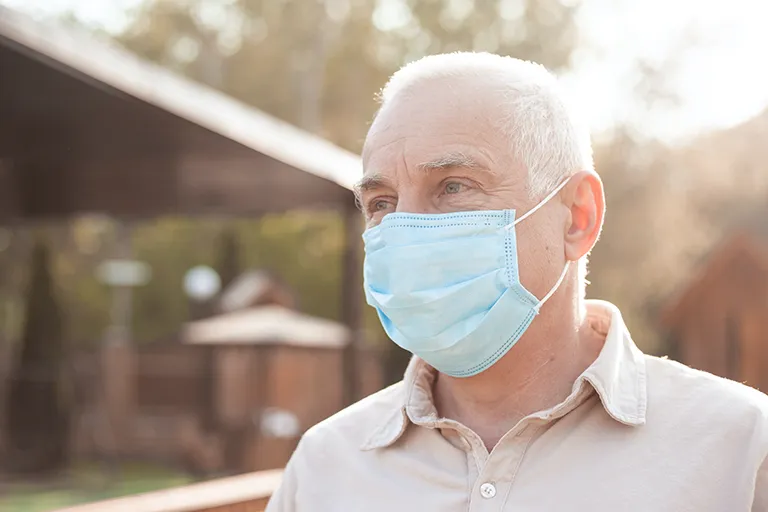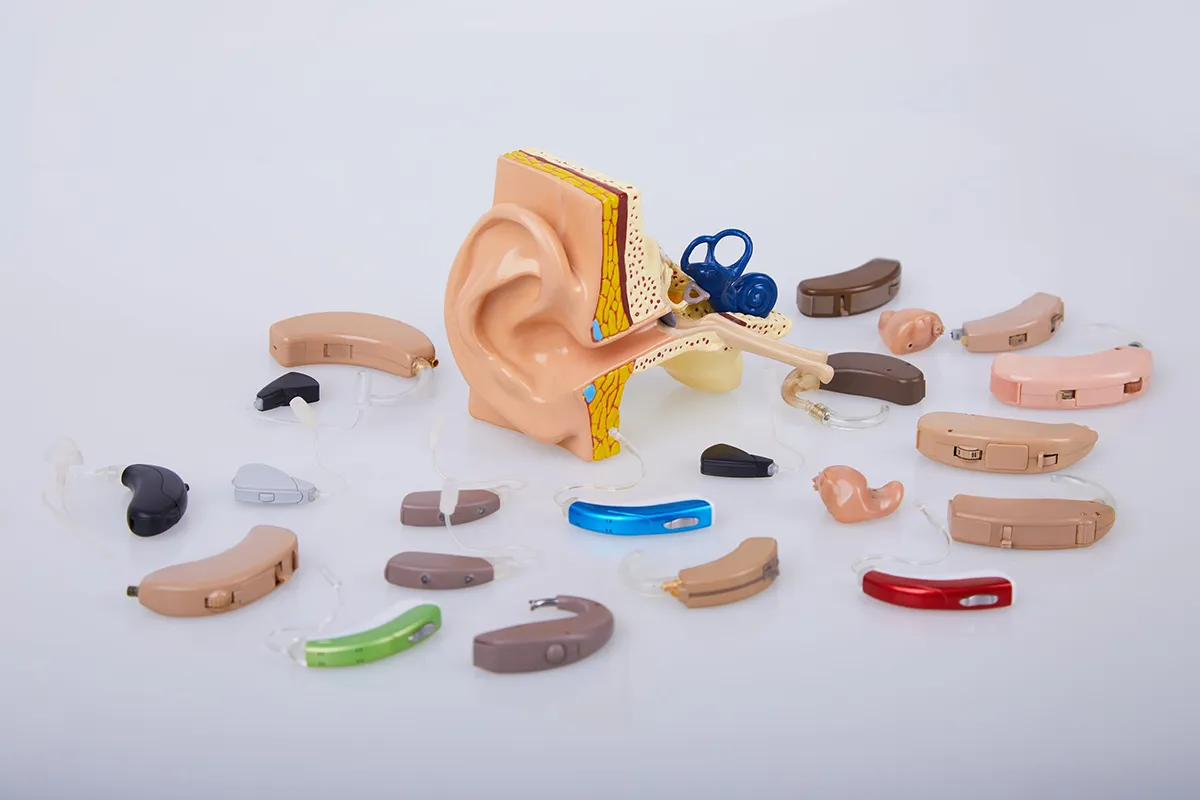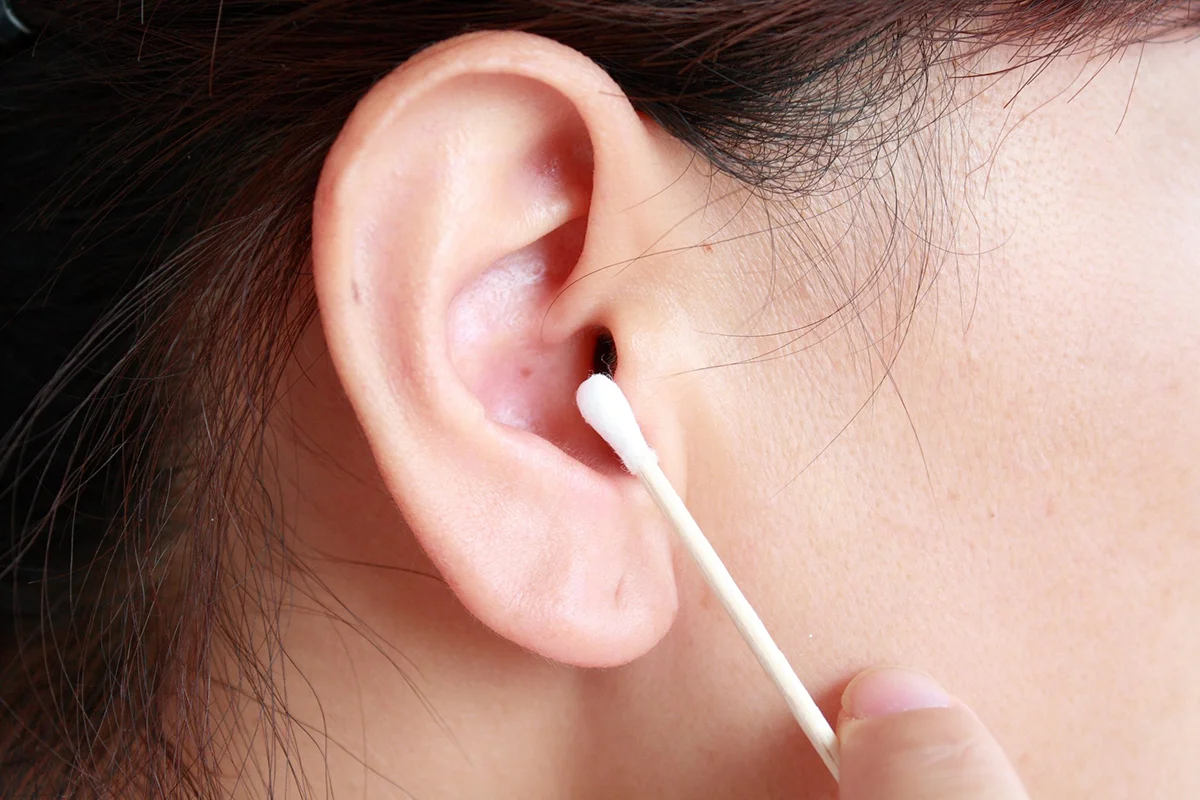When you consider everything the medical community knows and doesn’t know about Covid-19, it shouldn’t surprise anyone when we hear of new ways the virus is affecting people. At Eargo, we’ve been paying close attention to reports that hearing loss and tinnitus are being reported from people who contracted Covid-19. I’ve compiled a literature review to share what the medical and audiological community knows so far and what you can do if you find yourself experiencing hearing loss after recovering from Covid.
Many viruses have a long history of causing hearing loss and have been studied extensively (i.e., measles, mumps, meningitis). “Previously studied Coronaviruses can damage the nerves that carry information to and from the brain, so it’s possible to hypothesize that hearing could be affected in the same way” said researcher Kevin Munro, a professor of Audiology at the University of Manchester in England. In an article from the International Journal of Audiology dated July 31, 2020, 120 people in the U.K. who had recently recovered from Covid-19 were asked in a phone survey if they had experienced any changes in their hearing. 13% replied their hearing was worse and an additional 8 people noted they had tinnitus (ringing in the ears).
The earliest cases reported were back in April 2020 in the American Journal of Otolaryngology as well as 20 people in Egypt who found their hearing abilities had become worse compared to after recovering from Covid-19 versus those who did have the disease. The Egyptian study noted the patients were aged 20-50 and had no prior history of hearing loss.
So, what part of the ear is affected and how severe is the hearing loss? This has yet to be fully understood, but Covid-19 appears to be affecting the cochlea (the hearing organ of the inner ear comprising tens of thousands of hair cells) and/or transmission of sound along the auditory nerve to the brain. In general, the hearing loss is in the mild to moderate range and the tinnitus self reported as “tolerable.” The most common hearing complaint has been a difficulty to understand speech in background noise and in groups of people. There has only been one reported case of sudden onset of severe hearing loss. It’s been widely stated that more research is needed in the areas of severity and how it affects the hearing pathway..
To date, the research is showing the hearing loss to be temporary, but the length of time people experience this hearing loss varies widely. Also, it does appear that people notice hearing loss and tinnitus as a complication of Covid-19 and not as part of the initial onset of symptoms.
Ototoxicity and Treatment for Covid-19
Something that is well-known: the antiviral drugs used to treat Covid-19 are known to cause hearing loss, especially when given in large doses for longer periods of time. Ototoxicity is when a certain drug causes hearing loss, tinnitus, or vertigo. Some examples of antiviral medications are azithromycin, remdesivir, chloroquine, and hydroxychloroquine. "These antiviral medications have known adverse events, including tinnitus and hearing loss, and the symptoms may be misdiagnosed as being caused by COVID-19," stated the authors of the systematic review in one recent study.
Bottom Line
More research is needed before we fully understand how Covid-19 impacts hearing and balance. As the pandemic continues and research shifts to long-term effects, we'll likely begin to learn more. That being said, if you have experienced hearing loss or tinnitus as a result of contracting Covid-19, you should seek an evaluation from an ENT physician as quickly as possible. If you experience long term hearing loss and need help improving your hearing, the licensed hearing professionals at Eargo are standing by to help.




